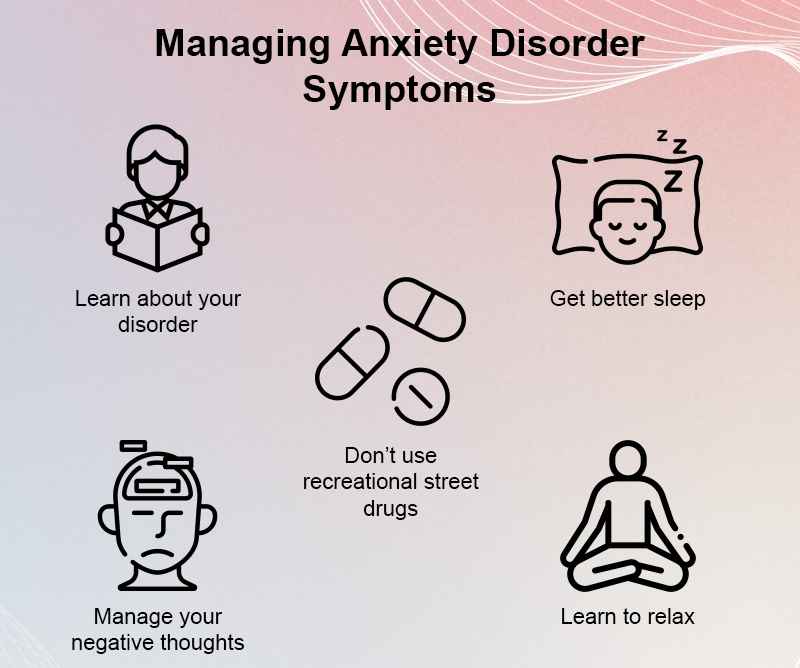Juggling work, bills, and family time can negatively impact your mental state, leading to stress and anxiety. Living with anxiety can be debilitating and can make even the smallest task difficult to complete. You’re not alone, however. Millions of adults deal with this affliction.
Luckily, you don’t have to continue to suffer, as there are several treatment options available. Here are five practical ways to treat anxiety:
Table of Contents
1. Recognizing You Have Anxiety
Anxiety can show itself in many different ways. Some feelings are acute, such as nervousness before a test, whereas others are chronic. Additionally, there are several types of anxiety disorders. Despite the different illnesses, most conditions have the following overlapping symptoms:
- Uncontrollable worry
- Fatigue
- Irritability
- Chest Pain
- Feeling of dread
- Inability to concentrate
- Sweating
- Increased heart rate
If you suffer from any of these issues, consult a doctor or look at some Brillia anxiety reviews to find the treatment best suited for you.

2. Breathing exercises
When people are anxious, they often take short, rapid, shallow breaths, leading to dizziness and a faster heart rate. This chest breathing interferes with the exchange between carbon dioxide and oxygen. Taking deep breaths tells your brain to calm down, which can have a relaxing impact on your entire body.
3. Sleeping
Sleep and anxiety have a bidirectional relationship. The less sleep you get, the more worried you may become, and the more anxious you are, the poorer your ability may be to get much-needed rest. Getting into a nighttime schedule or taking over-the-counter anxiety medication before you try to sleep may help.
4. Exercising
Working out regularly releases endorphins, which will give you a feel-good boost. Exercising also helps you get your mind off of your worries and can be a healthy coping mechanism for stress.
5. Talking to someone
While it may be most beneficial to speak to a specialist trained in mental disorders, discussing your problems with a friend or family member is helpful, too. Being able to talk about how you feel is a release and can make you feel better. Also, whoever you discuss these issues with can offer helpful advice in return.
6. Taking medication
If other treatments aren’t helping enough, your doctor may recommend a prescription medication, which will help if you have a chemical imbalance in your brain. Another idea to look into is the best over-the-counter anxiety medication.
7. Practicing Mindfulness
A treatment idea that’s effective for many people is called mindfulness. During this meditation technique, you should focus your awareness on the present moment and your breathing. If your mind starts to wander or you start to judge your previous actions, you must concentrate and bring yourself back to the present.
It’s far too easy to get lost in thought, which is why mindfulness works well. It’s a mental exercise. When you concentrate on your breathing, your mind can return to the calm, quiet current state rather than getting lost in chaotic thought.
8. Taking Action
Don’t let suffering from anxiety hinder your life. Instead, evaluate your symptoms and what could be triggering them. If you decide that it’s time to try medication, contact a highly trusted company to treat your symptoms.
Conclusion:
Anxiety can be a very problematic thing to live with, but there are many ways that you can manage it and can get out of it.
There are many ways available to adults who suffer from it, and seeking out help can make a big impact on your life.
If you are suffering from anxiety, don’t be shy to reach out for help. There are people and medical persons who care and who can help you to overcome your anxiety so that it can’t destroy your life.


